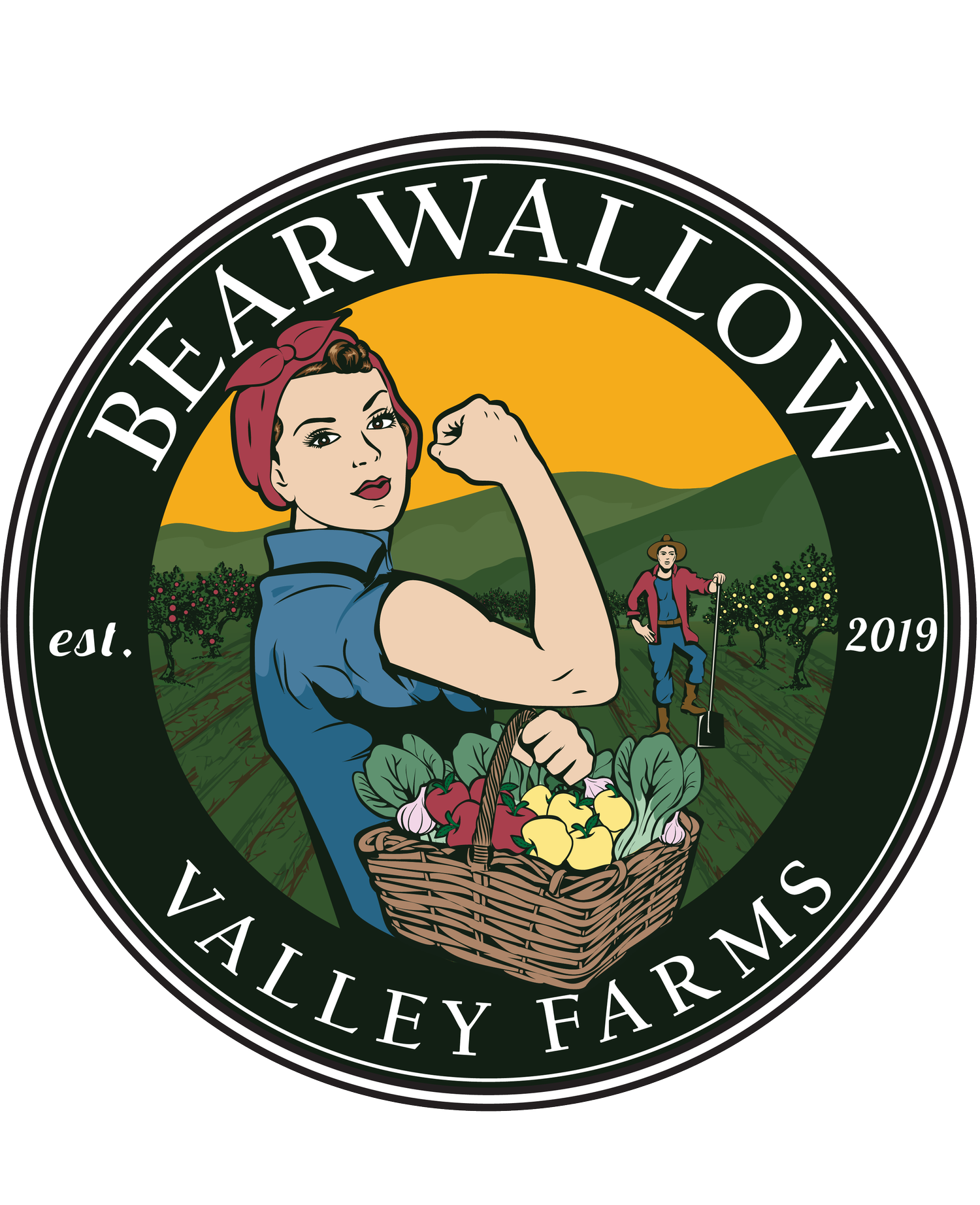Non-Diet Nutrition
What is Non-Diet Nutrition?
Keto? Mediterranean? Intermittent Fasting? There are so many diet trends on the market today, it can get confusing and overwhelming but a new approached focuses on meeting YOUR needs without over restriction or unnecessary counting: Non-diet Nutrition.
According to the Washington Post, “Non-Diet Dietitians will NOT give you a rigid meal plan or focus specifically on calories or number on the scale to determine your success, because a healthy lifestyle involves more than just measuring your body weight” (Rosenbloom, 2018).
Non-diet nutrition recognizes that dieting often doesn’t lead to weight loss and, many times, leads to burn out. In essence, non-diet nutrition seeks to help people avoid the frustration of this process and empower people to take control of their nutrition without worrying about losing weight.
It also seeks to remove the stigma and assumptions regarding obesity and health. According to the American Journal of Public Health,
“There is clearly a need for social change related to the acceptance of individuals regardless of body shape or size” (Penney & Kirk, 2015, p. 11).
Health at Every Size, or HAES, is a non-diet nutrition strategy that eliminates weight loss as a health goal (Association for Size Diversity and Health, 2020). It seeks to help people change their relationship with food. Instead of seeing some foods as “good” and others as “bad,” the goal is to eat based on what you feel your body needs - a concept known as “intuitive eating.”
According to HAES, our bodies let us know when we are in need of a certain nutrients by giving us cues that we can feel and notice. For example, feeling constipated or under the weather can alert us to the need to eat more fresh fruits and vegetables. At the same time, HAES acknowledges that we sometimes crave comfort foods, and it’s ok to eat those in moderation, too. This brighter approach to food can help us understand our bodies’ needs to allow it to work at its highest level, regardless of how much we weigh and what size we are.
Are you interested in learning more about non-diet nutrition and HAES? Check out these HAES principles provided by the Association for Size Diversity and Health. If you’d like to try it yourself, you can start by keeping a journal noting how you feel, both emotionally and physically, before and after eating throughout the day. Looking for positive connections can help reinforce eating patterns that nourish you in both mind and body. Whether or not you agree with the concept that a person can be healthy without losing weight, it’s hard to deny the benefits of a holistic approach to weight loss that emphasizes being more in touch with our bodies.
References
Association for Size Diversity and Health. (2020). “About Health at Every Size.” https://asdah.org/health-at-every-size-haes-approach/.
Penney, T. & Kirk, S. (2015). “The Health at Every Size Paradigm and Obesity: Missing Empirical Evidence May Help Push the Reframing Obesity Debate Forward.” American Journal of Public Health, 105(5), p. e38 - e42. 10.2105/AJPH.2015.302552
Rosenbloom, Cara. (2018). “A new trend in health care: the ‘nondiet dietitian’.” The Washington Post. https://www.washingtonpost.com/lifestyle/wellness/a-new-trend-in-health-care-the-nondiet-dietitian/2018/10/04/ba1a4d24-c730-11e8-9b1c-a90f1daae309_story.html
Article written by Theresa Noll, a nursing student in the ABSN program at Western Carolina University.

